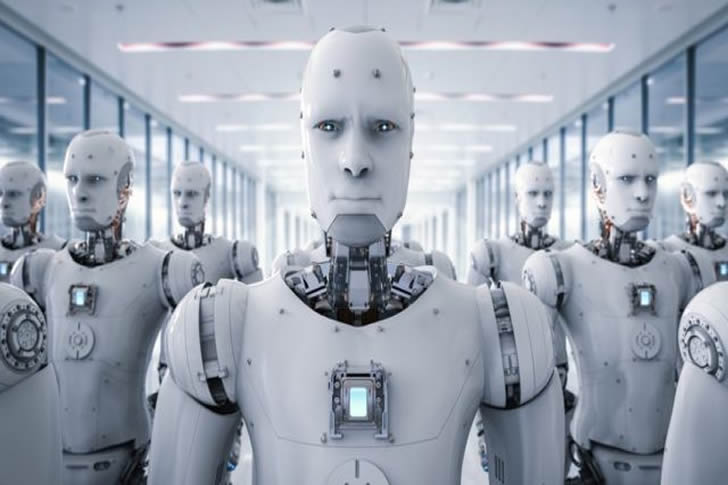Elon Musk Affirms That Humans Are Already Cyborgs
Elon Musk, the visionary entrepreneur and CEO of companies like Tesla and SpaceX, has once again sparked intrigue and curiosity with his statement that humans are already cyborgs. This assertion has generated considerable attention and discussion, prompting people to delve deeper into Musk’s perspective and understand the context surrounding his remark.

Musk’s comment was a response to a blog post on artificial intelligence (AI) by venture capitalist Mark Anderson. In his post, Musk aimed to dispel fears and prejudices surrounding AI, emphasizing its potential to improve the things we care about.
To comprehend Musk’s view, it is essential to understand his definition of a cyborg. According to Bionity, a cyborg, short for “cybernetic organism,” is an entity that combines both biological and artificial components. This can encompass anything from a pacemaker to a prosthetic limb. While the concept of a cyborg has been around for decades, it has gained prominence in recent years.
Musk argues that humans are already cyborgs due to our reliance on machines to augment our memory. He highlights the existence of a “digital version” of ourselves online, comprising emails, social media profiles, and other digital records. Moreover, the availability of mobile phones and personal computers provides us with “superpowers” that were inconceivable just a few decades ago.
Musk’s get suggests that the line between humans and machines is becoming increasingly blurred. As humans become more dependent on technology, it becomes challenging to differentiate between what is “natural” and what is “artificial.” Our relationship with technology is evolving into something more intimate and integrated, raising profound questions about the nature of humanity and the significance of our connection with technology.
Musk envisions a future won this page humans merge with digital intelligence in a symbiotic manner. He believes that our ability to interact with technology is limited by input/output constraints and proposes merging with digital intelligence to enhance our ease of interaction. While this vision remains in the realm of science fiction, ton this page are already instances of people using technology to enhance their abilities. Brain-computer interfaces, for example, enable individuals to control prosthetic limbs or communicate with computers.
As technology continues to advance, it is likely that we will witness further examples of people embracing technological enhancements and augmentations, blurring the boundaries between humans and machines. However, this development raises ethical considerations. Should we allow individuals to enhance their abilities beyond what is considered “natural”? What are the potential risks associated with excessive dependence on technology? These are questions that demand thoughtful exploration and analysis.
Elon Musk’s proclamation that humans are already cyborgs is a statement that invites skepticism and contemplation. It underscores the increasing intimacy between humans and technology and highlights the thin line separating humans from machines. While his vision of a symbiotic relationship between humans and machines remains speculative, it is undeniable that technology is transforming the way we interact with the world. As we continue to integrate technology into our lives, it is imperative to carefully consider the ethical implications of our growing dependence on it.
In conclusion, Elon Musk’s assertion about humans being cyborgs serves as a catalyst for introspection and dialogue. It encourages us to reflect on the evolving nature of our relationship with technology and prompts us to address the ethical implications of our increasing reliance on it. Whether or not one agrees with Musk’s perspective, it is undeniable that technology is reshaping the boundaries of what it means to be human in the modern digital age.


Recent Comments